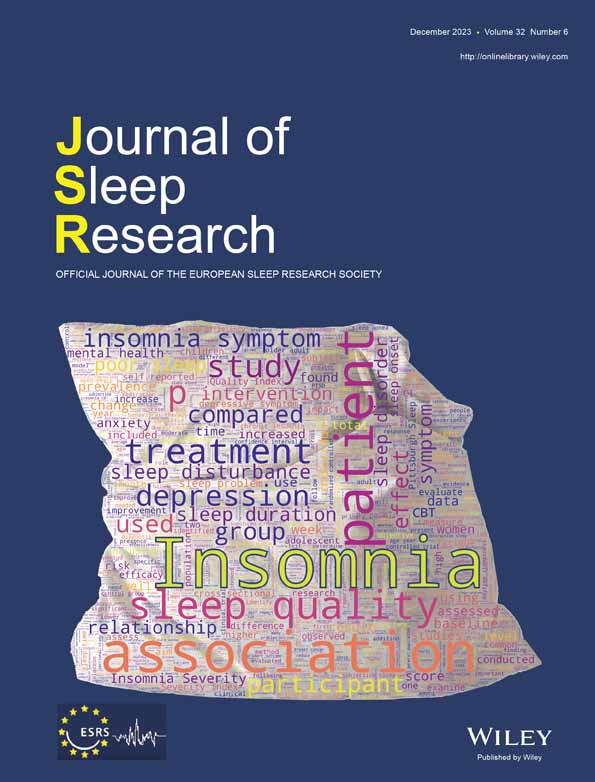
The European Prevention of Alzheimer’s Dementia (EPAD), a major Europe-wide initiative aiming to improve the understanding of the early stages of Alzheimer’s disease, has announced the release of its first wave of data as part of its EPAD Longitudinal Cohort Study. The project is one of the world leading dementia prevention studies involving 39 organisations. It offers a unique platform for testing and developing preventative treatments for Alzheimer’s dementia.
“Great to see that with the release of the first EPAD data set another great resource has become available for the Alzheimer’s disease research community worldwide”, said Serge Van der Geyten, EPAD Coordinator.
The members of the EPAD project today announced the availability of the baseline data from the first 500 research participants (V500.0). It represents the first formal public data release from the EPAD project for use by academic researchers and institutions worldwide. In the chosen nomenclature (V500.0): V=version, ‘500’ is the number of sequentially recruited research participants in each dataset and ‘.0’ refers to the study visit the dataset includes (visit 0 refers to the baseline data). Each data set will have a DOI to reference the source of the data in subsequent publication (V500.0: doi:10.34688/epadlcs_v500.0_19.05.10).
Data collected in the EPAD Longitudinal Cohort Study are provided via secure online tools in order to facilitate collaboration between people and teams with similar research aims. Academic researchers and institutions from all over the world are invited to access the EPAD Research Access Process and begin the application process. To access the data, you will need to make an online request by following the link at www.ep-ad.org/erap where you will find a variety of resources to support your research. If you experience any technical issues or if you want more information please submit your query to epadraadmin@ed.ac.uk.
About EPAD
EPAD is set up to recruit from existing cohort studies, patient registers and clinics across Europe. EPAD has established the first pan-European register including more than 30,000 research participants aged 50 or over across the dementia risk spectrum. From this register, individuals who do not have dementia are invited to join the EPAD Longitudinal Cohort Study. All research participants undergo multiple assessments including regular health checks, standardised tests and brain scans. The Longitudinal Cohort Study to date has enrolled over 1,900 research participants from 27 active sites in eight European countries. Recruitment rate is expected to increase as recently new sites have been activated. Many participants in the EPAD Cohort Study may be invited to take part in the streamlined EPAD proof-of-concept trial of drugs designed to prevent Alzheimer’s dementia. All data collected from the cohort and trial will become publically available.
The EPAD website itself is a useful resource to find out more about the EPAD initiative and to follow the current status of the study where updates are continuously posted as new research participants, recruiting sites and countries join the project. To keep up to date with our progress, follow EPAD on Twitter, Facebook and visit https://alzheimer.noemi.lu/. For further information, please contact: info@alzheimer.noemi.lu
Acknowledgment
We would like to thank all members of the EPAD Consortium, local study teams, parent cohort teams and research participants for their contributions to the development, setting up and running of the study.
The research leading to these results has received support from the Innovative Medicines Initiative Joint Undertaking under grant agreement n° 115736, resources of which are composed of financial contributions from the European Union’s Seventh Framework Programme (FP7/2007-2013) and EFPIA companies’ in kind contributions.
About IMI
The Innovative Medicines Initiative (IMI) is a Europe’s largest public-private initiative aiming to speed up the development of better and safer medicines for patients. IMI supports collaborative research projects and builds networks of industrial and academic experts in order to boost pharmaceutical innovation in Europe. IMI is a joint undertaking between the European Union and the European Federation of Pharmaceutical Industries and Associations, EFPIA.
More information at www.imi.europa.eu







